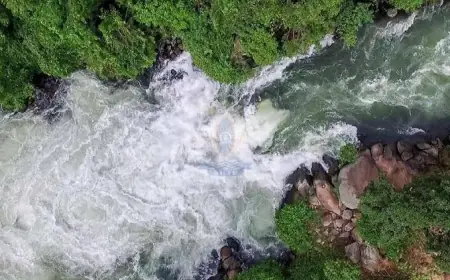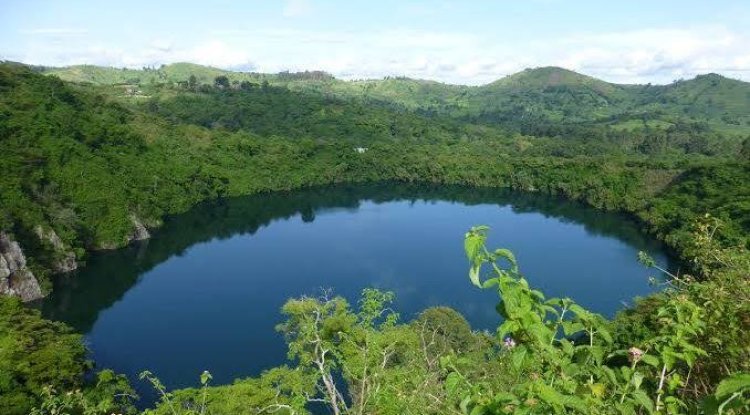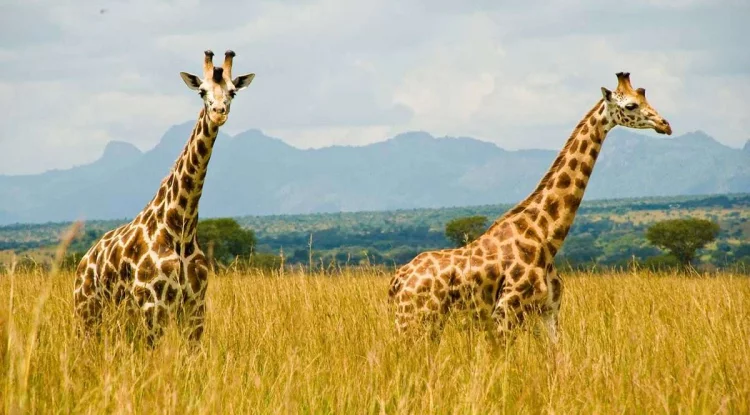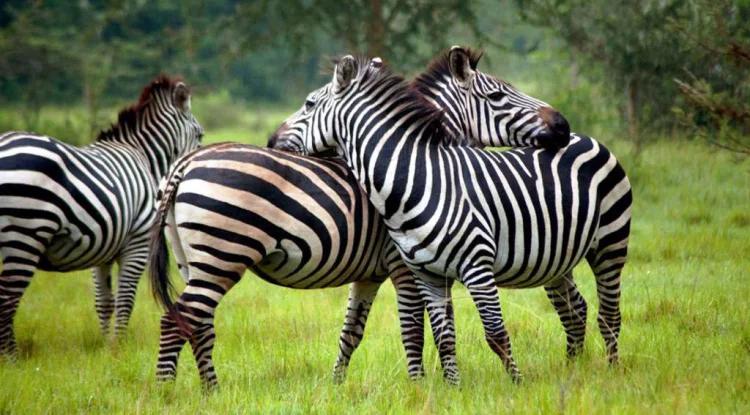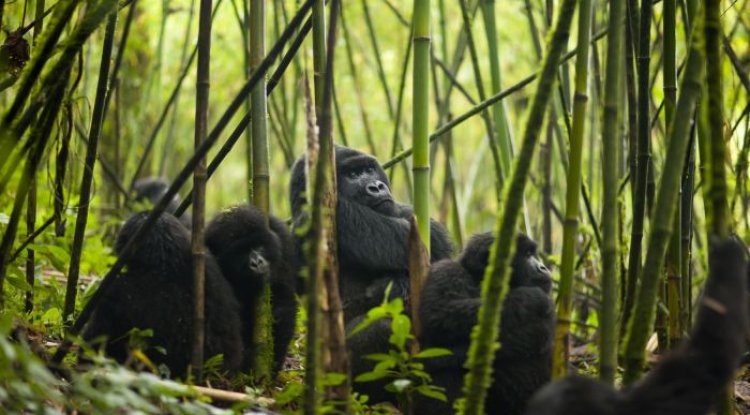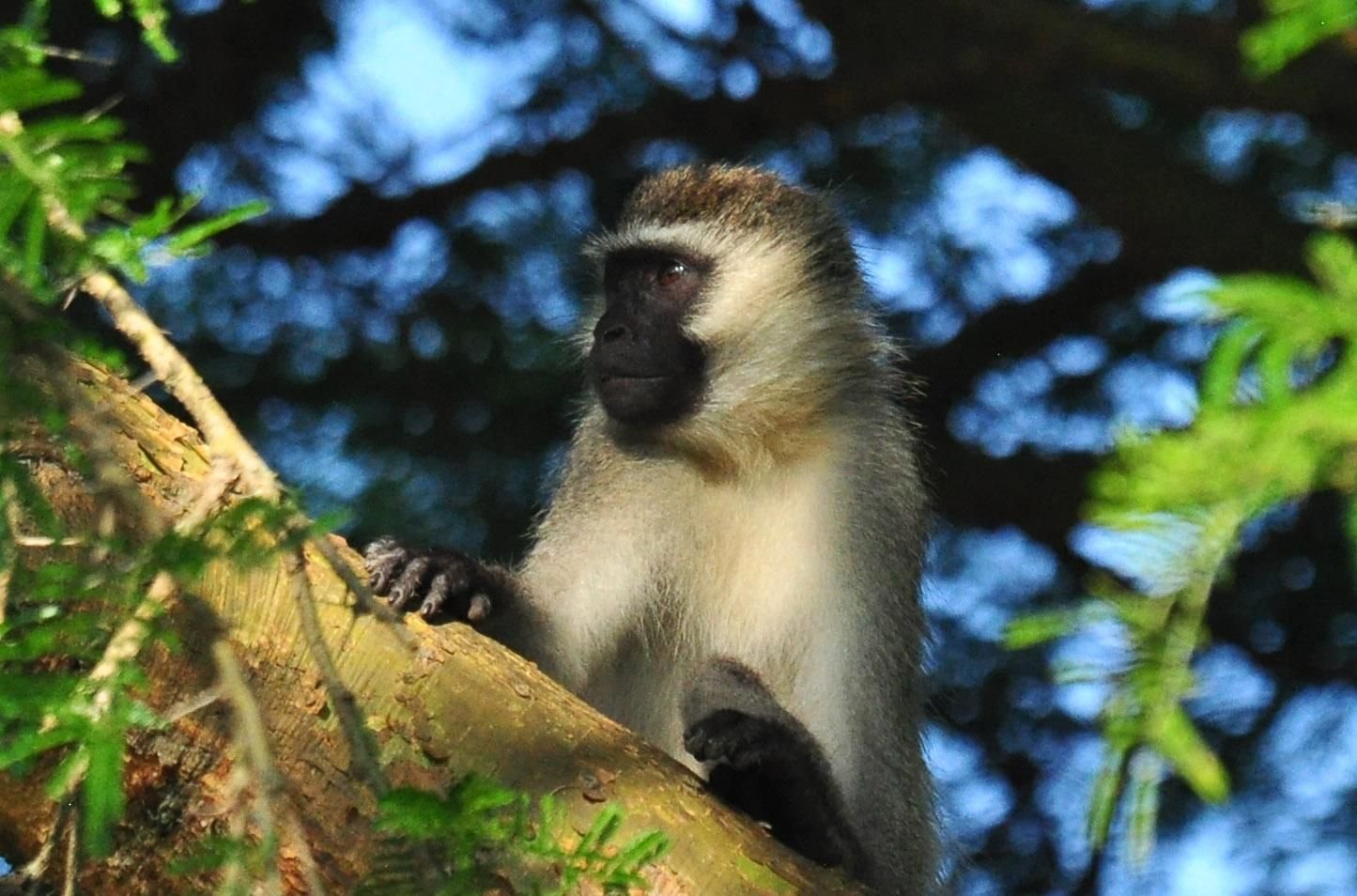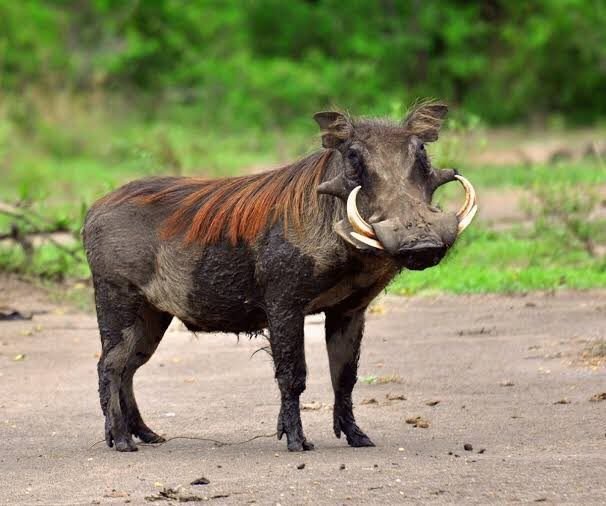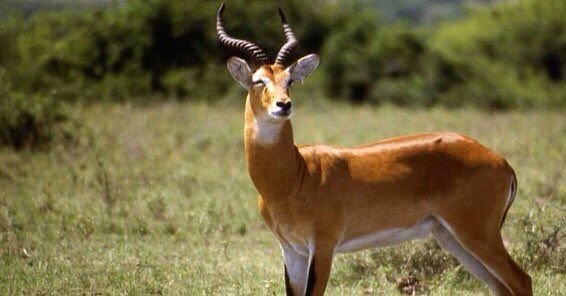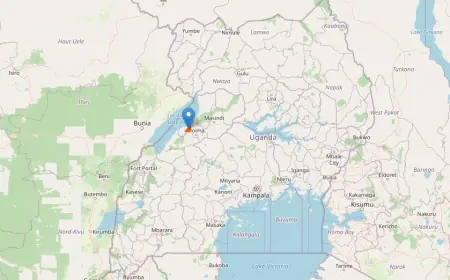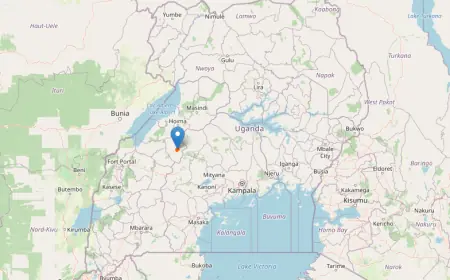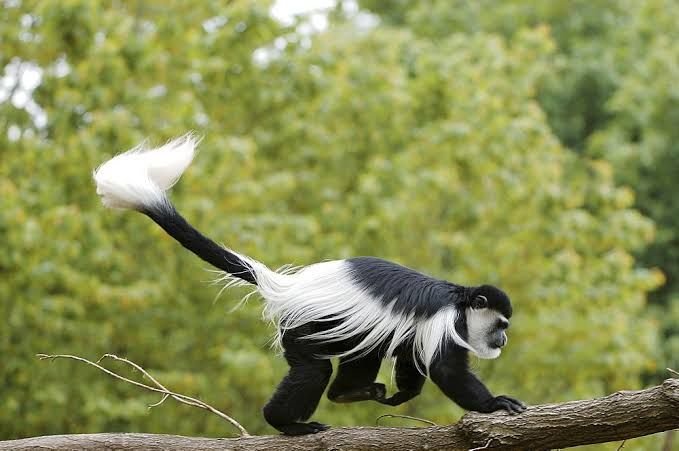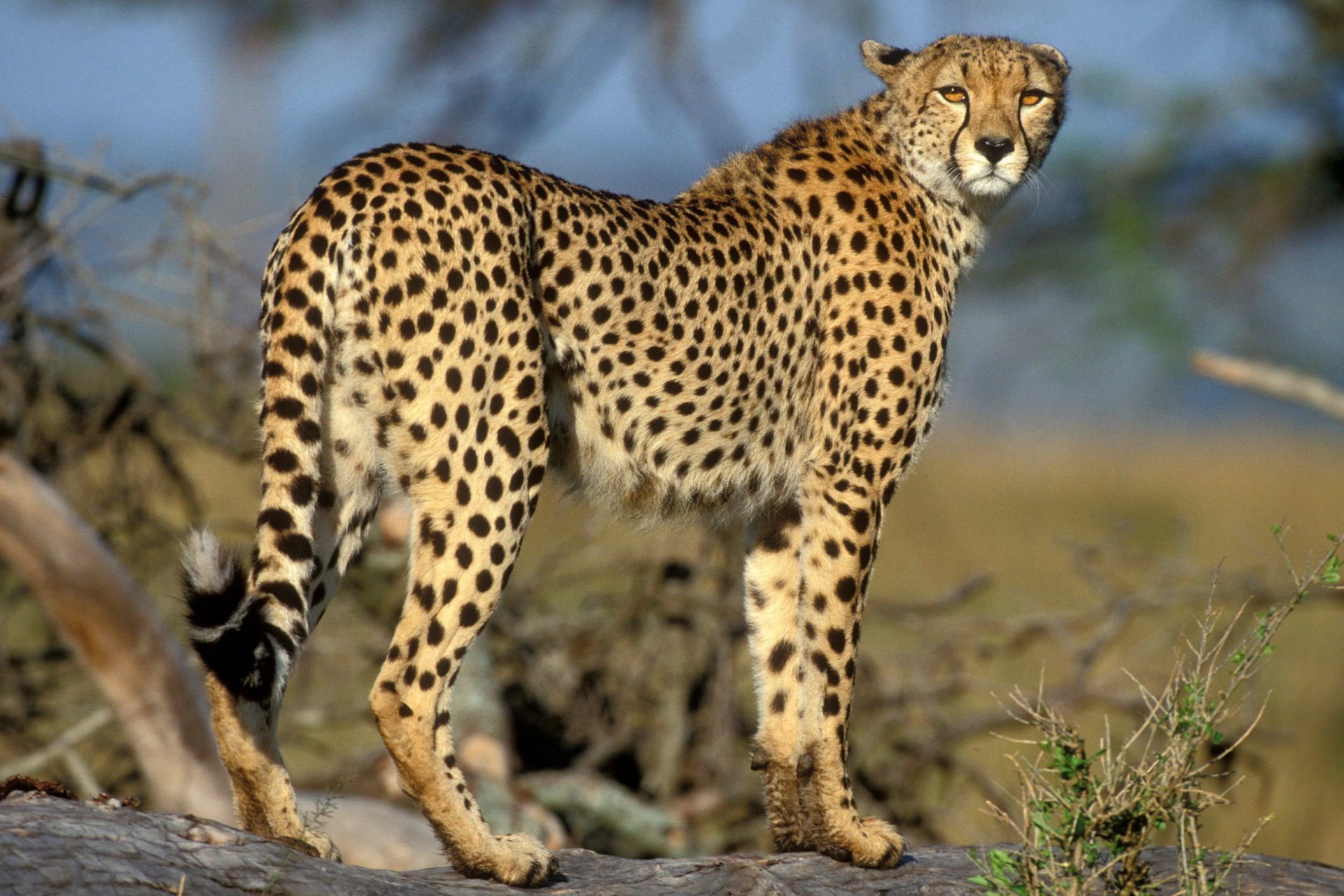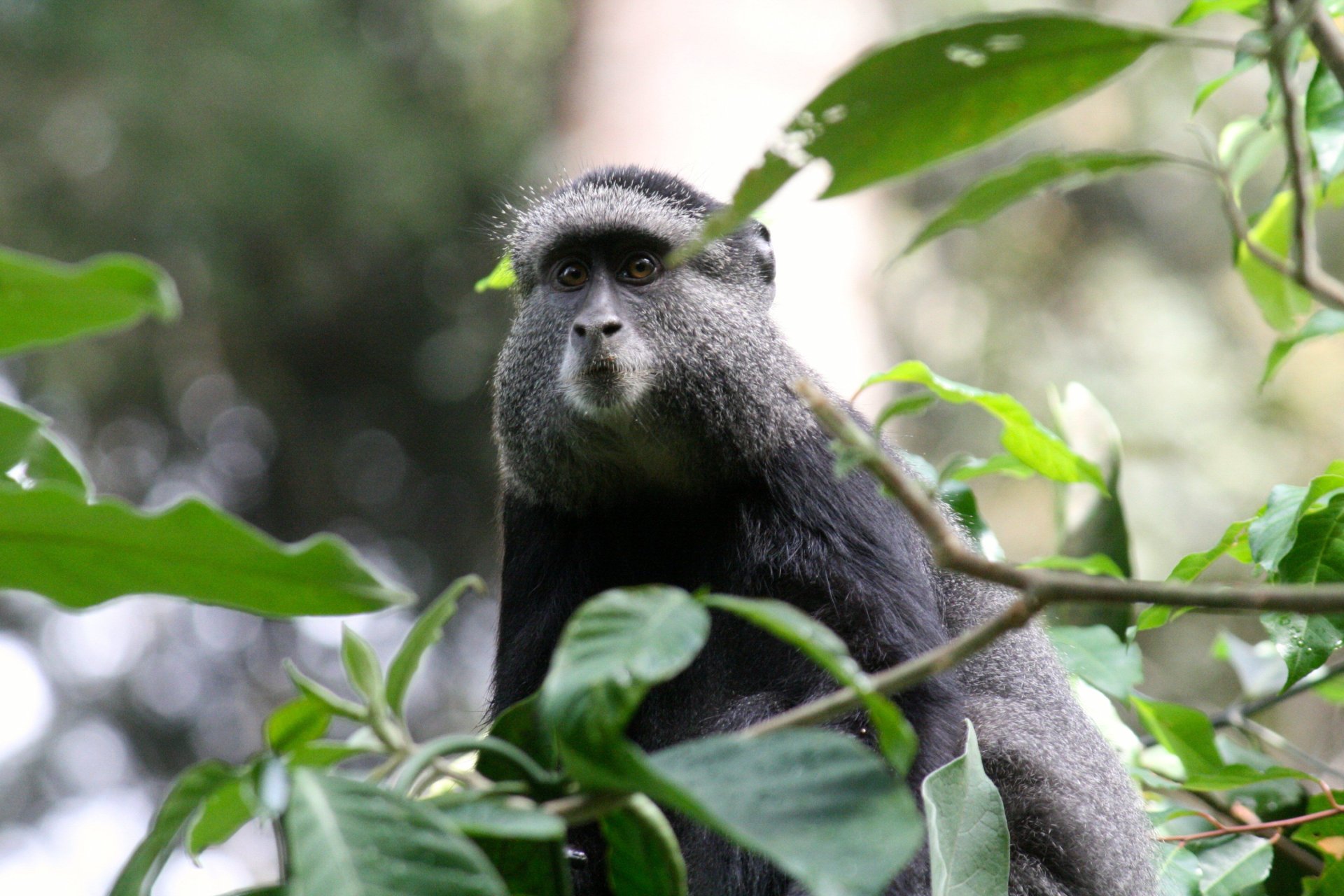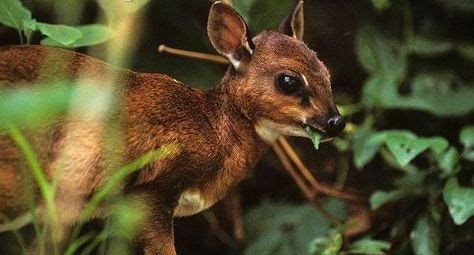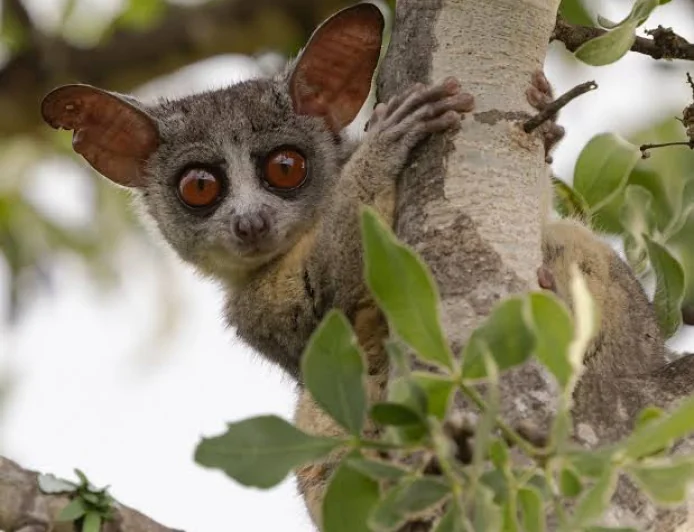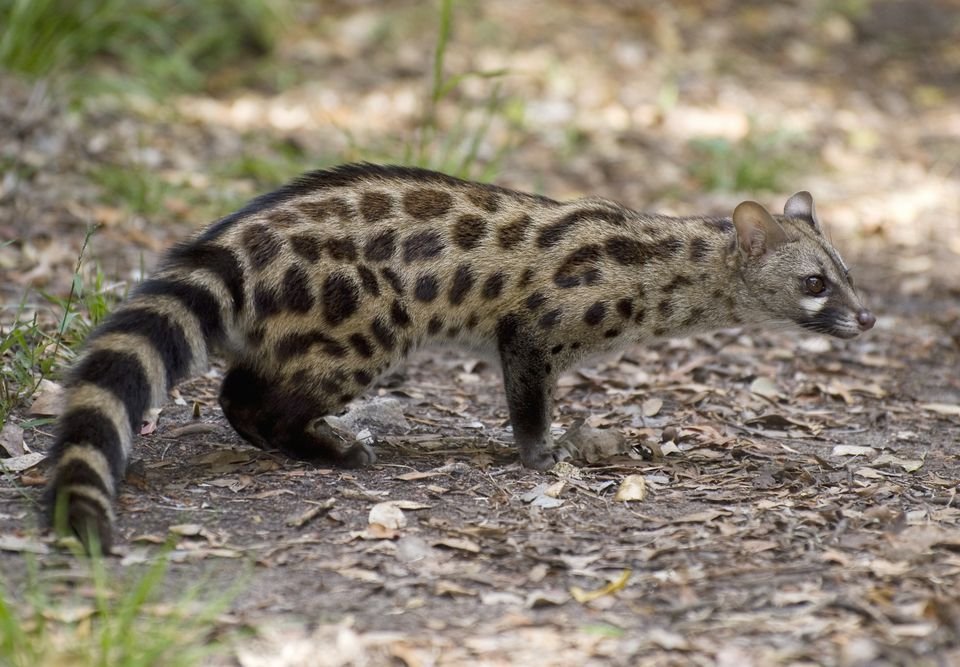African Otters
Three distinct species of African otters, which are well-known aquatic predators in sub-Saharan Africa, coexist in western Uganda, where all three have been spotted in places like Lake Mburo National Park.
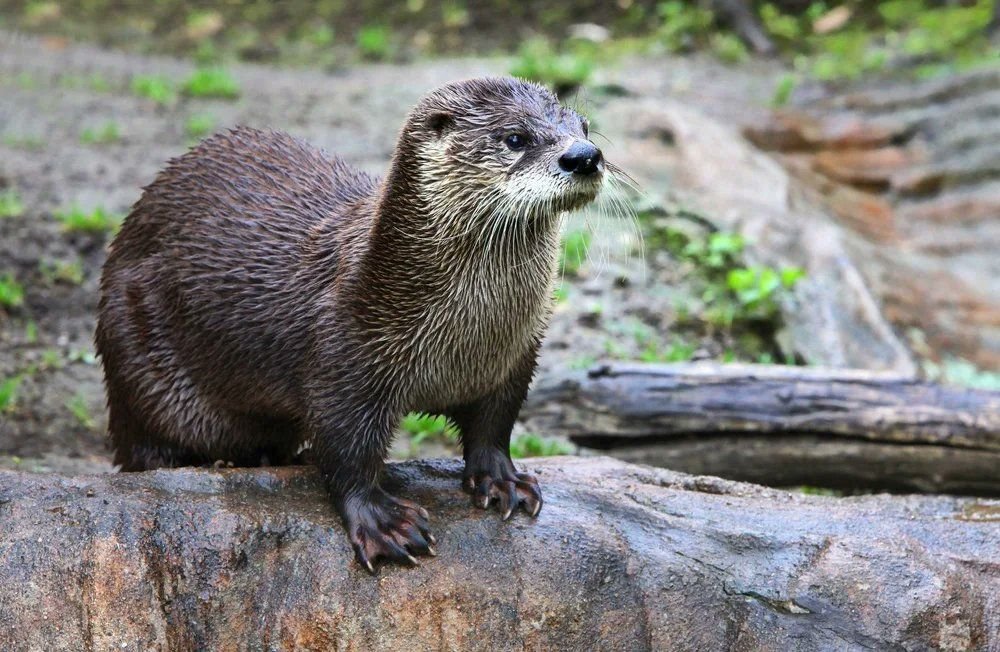
A member of the subfamily Lutrinae, otters are carnivorous mammals. The 13 extant otter species all live in semiaquatic, aquatic, or marine environments and eat fish and invertebrates as part of their diets. The Mustelidae family, which also includes weasels, badgers, mink, and wolverines among other creatures, includes a branch known as the Lutrinae.
Otter bodies are long and slim, and their limbs are generally short. The powerful webbed feet they use to swim and their seal-like ability to hold their breath underwater are their most striking anatomical characteristics. Except for the sea otter, all have long, powerful tails and the majority have sharp claws on their feet.
They have extremely soft, insulating underfur that is covered in a thick layer of guard hairs. This traps a layer of air that keeps them buoyant and warm underwater in addition to keeping them dry
African otter behaviour
Animals like otters are playful and seem to perform a variety of actions just for fun, such as building slides and then sliding down them into the water. They might also discover small stones and play with them. Different species have different social structures; some are largely solitary while others live in groups, some of which can be quite large.
African otter diet
Fish is typically an otter's main source of food. Frogs, crayfish, and crabs are frequently added as a supplement. While some otters are skilled at cracking open shellfish, others will eat any nearby small animals or birds. Otters are extremely vulnerable to prey depletion due to their reliance on it. Sea otters hunt for shelled animals like clams, sea urchins, and other shelled organisms. They are renowned for their capacity to crack open shellfish on their stomachs with stones. The young must acquire this skill.
Otters hunt actively, pursuing prey in the water or exploring the bottoms of rivers, lakes, and oceans. River otters spend the majority of their time on land to avoid having their fur become waterlogged, unlike most species that live near water. They only enter the water to hunt or travel.
What's Your Reaction?
 Like
0
Like
0
 Dislike
0
Dislike
0
 Love
0
Love
0
 Funny
0
Funny
0
 Angry
0
Angry
0
 Sad
0
Sad
0
 Wow
0
Wow
0
